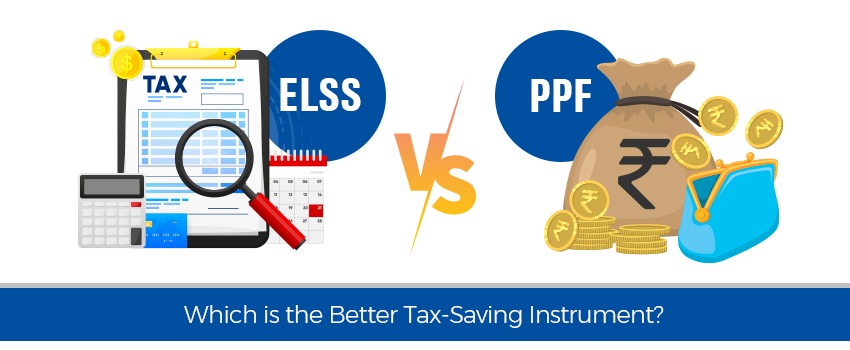Your Investible surplus is the amount of money remaining with you after meeting all your expenses e.g. monthly income minus monthly expenses. It is the money you don’t need now or in the near future, and is available for long term investing. It’s an important factor in your planning, as it determines whether & when you can meet your goals. You plan should be to put the entire investable surplus to work hard for you. And that is by staying invested for long and letting the magic of compounding work for you.
To be sure that you don’t touch this money, you first need to take care of two important things in your life.
- Take a Life Insurance, a Term Plan to adequately provide for your family in case you die during your income earning stage of life. Term insurance is a cost not an investment, so add that to your expense in case. Plan for about ten times your annual take home salary or twenty times your annual expenditure.
- Take a Medical Insurance for you and your family, so that any medical emergencies do not require you to touch your investable surplus. This may be even more important than term insurance because you are more likely to incur medical expenses than die prematurely. Take a family floater plan for large enough sum say min 15 lacs.
After adding this insurance cost to your other monthly expenses you arrive at what you can save on a monthly basis, your monthly investable surplus.
In addition to this, you may have your current savings and investments, money you don’t need in the next few years. However, you also need to have an Emergency Fund. It is an amount a ‘minimum 6 times of your monthly expenses’ and a ‘maximum of 12 times.’ This means that, if you lose your job or leave your job after having a showdown with your boss, or face any other emergency; you will have money to cover 6 to 12 months expenses.
Now, from your total savings & investments deduct the Emergency Fund, what remains is your lumpsum Investable Surplus.
Don’t keep your monthly Investible Surplus into your savings account. For 2 reasons,
- The thought of a good amount of money in the bank encourages unnecessary and irrational spending e.g. casual spending on weekends and impulse buys. No one recommends living a unhappy life today. But, now you look at some of the things you spend on today and decide, ‘Can I do without it or a lower cost version of the same?’
- Interest rate that banks pay on balances in savings accounts are very low
Transfer the Investable Surplus immediately (e.g. when you get your salary) to your Demat account or park it in Liquid Funds (& deploy when you get an investment opportunity). Knowing that money has already been allocated, and not available for expenses, will help you acquire disciplined spending habits.
Watch the Video:
Read the next article to understand: ‘What are different Asset Classes?’
If you liked what you read and would like to put it in to practice Register at MoneyWorks4me.com. You will get amazing FREE features that will enable you to invest in Stocks and Mutual Funds the right way.
Need help on Investing? And more….Puchho Befikar
Kyunki yeh paise ka mamala hai
Start Chat | Request a Callback | Call 020 6725 8333 | WhatsApp 8055769463










